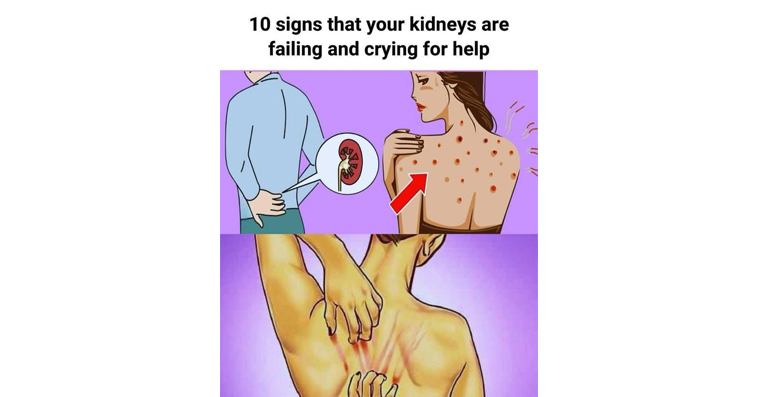Top 8 foods that kill cancer cells
While no food can single-handedly “kill” cancer cells, certain foods contain compounds that may help reduce cancer risk, inhibit cancer cell growth, or support the body’s natural defenses. These foods are often rich in antioxidants, vitamins, minerals, and phytochemicals.
Here are eight foods that have been studied for their potential anti-cancer properties:

1. Cruciferous Vegetables
- Examples: Broccoli, cauliflower, kale, Brussels sprouts, cabbage.
- Why: They contain sulforaphane, a compound shown to have anti-cancer properties by promoting detoxification and reducing inflammation.
- Research: Studies suggest cruciferous vegetables may help protect against colorectal, prostate, and breast cancers.
2. Berries
- Examples: Blueberries, strawberries, raspberries, blackberries.
- Why: Berries are rich in antioxidants like anthocyanins and vitamin C, which combat oxidative stress and inflammation linked to cancer.
- Research: Some studies indicate berries may help slow the growth of certain cancers, including oral and esophageal cancers.
3. Garlic
- Why: Garlic contains organosulfur compounds, which have been shown to boost immune function and reduce the risk of stomach, colorectal, and other cancers.
- Research: Allicin, a compound in garlic, may help inhibit cancer cell growth and promote apoptosis (programmed cell death).
4. Turmeric
- Why: Curcumin, the active compound in turmeric, has potent anti-inflammatory and antioxidant properties.
- Research: Curcumin has been studied for its ability to inhibit the growth of cancer cells, particularly in breast, colon, and prostate cancers.
5. Green Tea
- Why: Green tea is rich in catechins, particularly epigallocatechin gallate (EGCG), which may help prevent cell damage and inhibit tumor growth.
- Research: Studies suggest green tea may reduce the risk of breast, prostate, and colorectal cancers.
6. Tomatoes
- Why: Tomatoes are high in lycopene, a powerful antioxidant linked to reduced cancer risk.
- Research: Lycopene has been associated with a lower risk of prostate cancer and may also protect against lung and stomach cancers.
7. Nuts and Seeds
- Examples: Walnuts, flaxseeds, chia seeds.
- Why: Walnuts contain omega-3 fatty acids and antioxidants, while flaxseeds are rich in lignans, which may help reduce cancer risk.
- Research: Some studies suggest walnuts and flaxseeds may help slow the growth of breast and prostate cancers.
8. Leafy Greens
- Examples: Spinach, Swiss chard, arugula.
- Why: Leafy greens are packed with antioxidants, fiber, and carotenoids, which may help protect against cancer.
- Research: High intake of leafy greens has been linked to a reduced risk of stomach, breast, and skin cancers.
Incorporating these foods into a balanced diet can support overall health and potentially reduce cancer risk, but they should be part of a holistic approach to wellness.

